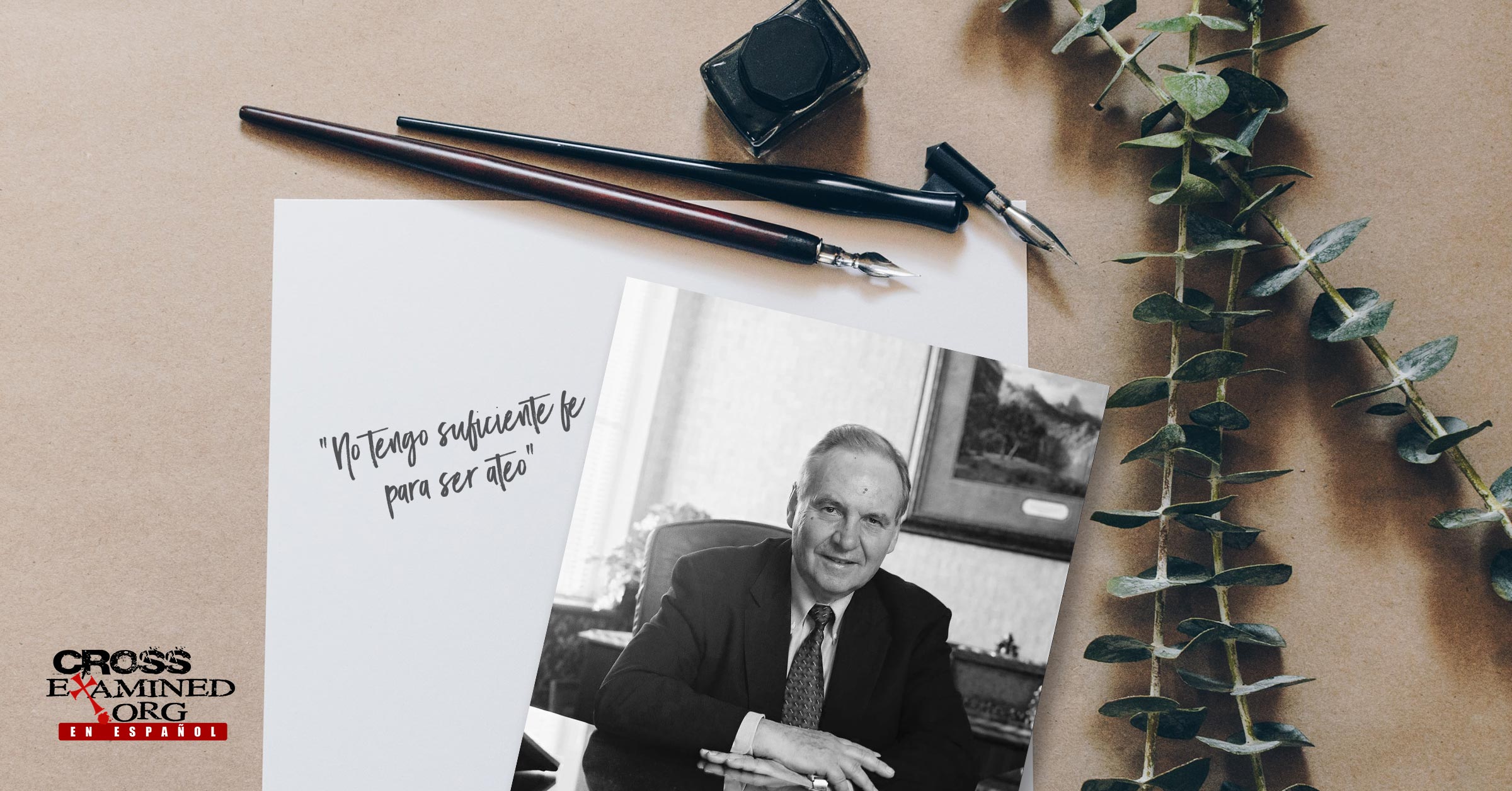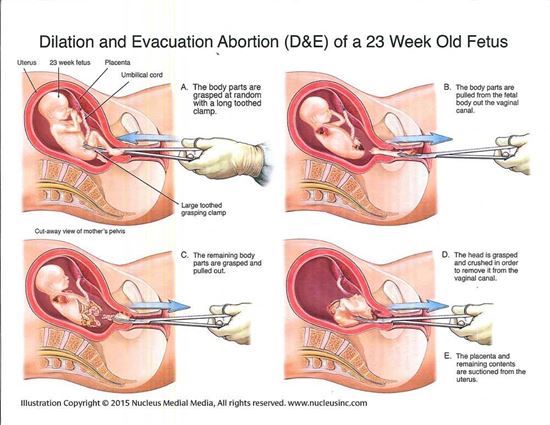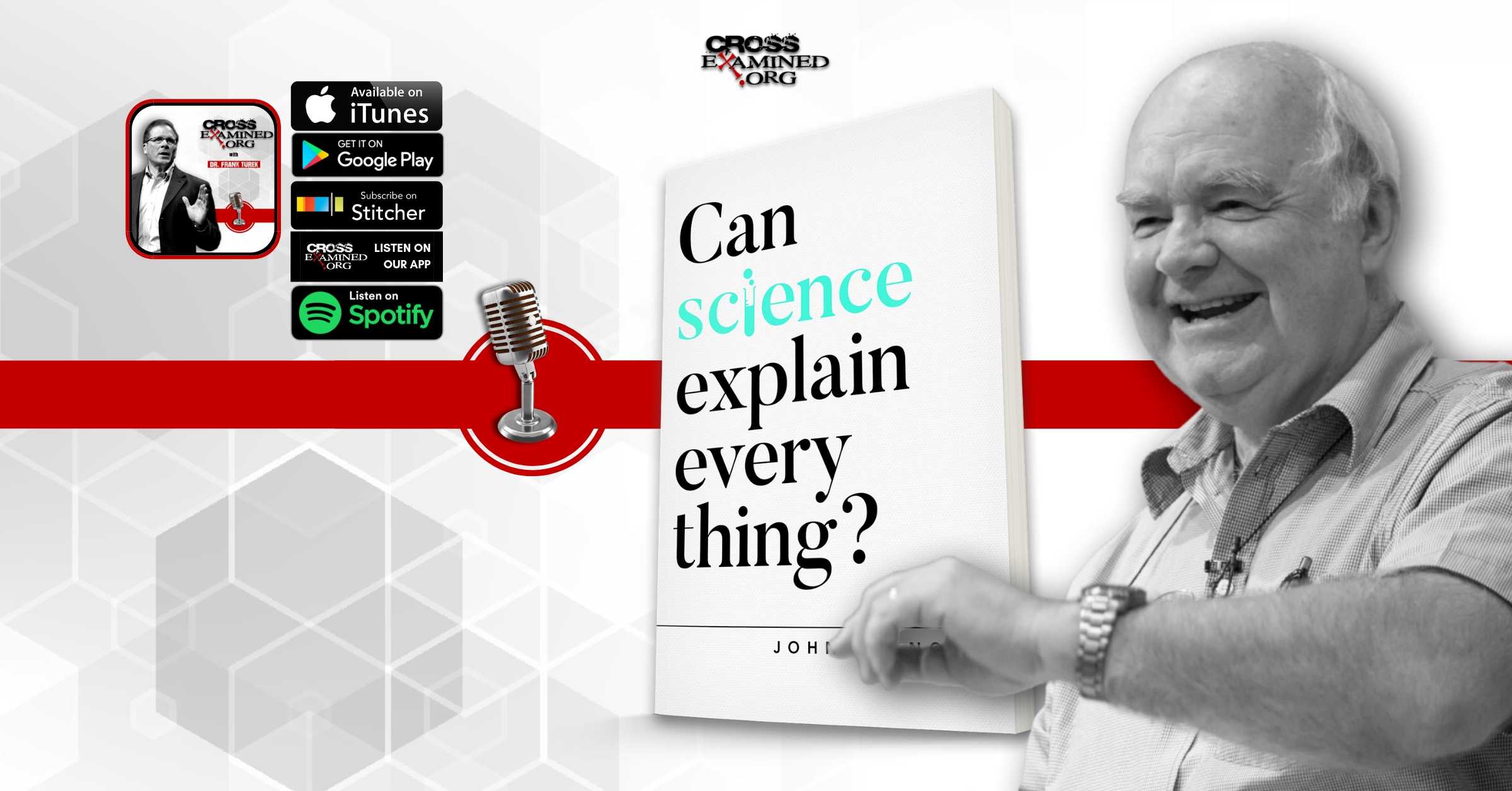By Evan Minton
When it comes to investigating the evidences and arguments for and against worldviews, we need to realize that we human beings are not mere thinking machines; only considering the facts and logic, and generating conclusions based on hard, cold rationality. We’re not perfect, and one of the effects of the fall said by theologians is said to be “The Noetic Effect,” that the sin nature affects our ability to reason properly. Sin doesn’t completely debilitate us from reasoning. If that were the claim, it would be self-refuting in nature for we could ask, “Did you use your reason to come to the conclusion that you cannot trust reason?”
Nevertheless, we need to be aware that biases, emotional like or dislike of implications, and other things can lead us away from the truth. None of us is immune, whether we are Christian or Non-Christian, and each one of us needs to do deep introspection when we’re evaluating competing systems of thought. In this blog post, I will mention 5 questions we need to pose to ourselves and meditate upon when it comes to evaluating whether Christianity is true or false.
Question 1: If I Knew Beyond a Reasonable Doubt That Christianity Were True, Would I Follow Christ?
The first thing you need to decide is whether or not if Christianity were demonstrated to be true beyond a reasonable doubt, you’d become one of Christ’s followers. If you knew God existed, would you worship Him? Would you try to live the life that God wants you to live? Would you give up anything in your life that He considers sin? If you hesitate or if your answer is no, then your problem is not with regards to the strength of the evidence for Christianity or lack thereof, your problem is either emotional or moral. In other words, you simply don’t want Christianity to be true. If Christianity were true, then you would have to repent or else face judgment. Rather than live life in open rebellion against God knowing that Hell awaits, they comfort themselves by talking themselves into believing that The Bible is nothing but a book a fairy tales. It’s much easier to live your life in sin if you can convince yourself that there isn’t someone who’s going to hold you accountable beyond the grave.
If Christianity is true, then several implications follow. It means that if you’re living in sin, you’ll have to repent. Jesus said that if you even look at a woman with lust, you’ve committed adultery in your heart (Matthew 5:28), and adultery is one of the things God said not to do (Exodus 20:14). If you like to spend your evenings downloading and looking at pornography, you’ll have to get that out of your life or answer to God for it (2 Corinthians 5:10). But porn watchers don’t want to do that. Watching porn is fun! It’s exciting! Porn watchers don’t want to give up porn because they enjoy it too much. Others may want to sleep around, bouncing from woman to woman.
According to Hebrews 13:4, this is a no-no. If someone engaged in this behavior doesn’t repent, they’ll be facing judgment. Romans 1:26-28, 1 Corinthians 6:9-11, and 1 Timothy 1:9-11 prohibit homosexual relationships. Some people don’t want Christianity to be true because it means they’ll have to stop having sex with their same-sex partner. 2 Corinthians 6:14 prohibits a believer marrying an unbeliever. Some people may not want Christianity to be true because they know that if it is, they need to become Christians, or else they face Hell, and if they’re Christians themselves, they’ll be prohibited from marrying their boyfriend or girlfriend who is also an unbeliever.
For many people, it’s a purely intellectual issue. Merely being presented with the evidence for Christianity, as I’ve done in several posts on this blog and as I’ve done in my books, will be sufficient to persuade them to become Christians. For others, they will talk themselves out of any argument, no matter how compelling it otherwise would be. They have to. Their autonomy is at stake.
This is why the Christian Apologist and Oxford mathematician John Lennox said: “If religion is a fairy tale for people afraid of the dark, then atheism is a fairy tale for those afraid of the light.”[1] Lennox was echoing the words of Jesus; “This is the verdict; that light has come into the world, but people loved the darkness rather than the light for their deeds were evil. Everyone who does evil hates the light and will come nowhere near the light for fear that their deeds will be exposed.” (John 3:19-20).
Ask yourself, am I suppressing the truth in my unrighteousness? Is my love of sin overriding my love for finding the truth? Do I love truth when it enlightens me, but hate it when it convicts me?[2]
Love of sin is not the only non-intellectual “reason” you might have for rejecting Christ. Perhaps, like Charles Darwin,[3] you know that if Christianity is true, someone you loved who died as a non-believer is in Hell. If you can convince yourself there is no God, and there is no Hell, you don’t need to walk around with that uncomfortable thought. But, our feelings do not determine truth. How you feel about Christian doctrine is irrelevant to whether or not it’s true.
Question 2: What Evidence Would I Expect There to Be If Christianity Is True and Is This Expectation Reasonable?
The second question you need to ask yourself is how what kind of evidence you would expect to find if Christianity were true? What kind of evidence are you looking for that would lead you to say there is or is not any evidence?
For me, a universe with an ex nihilo beginning that is impeccably fine-tuned to permit life to exist on both the cosmic and local levels, the existence of the moral law, the modal possibility of the existence of a Maximally Great Being, and five historical facts about Jesus’ death and what happened afterward and the fact that only the resurrection can account for all five of those facts is exactly what I would expect if Christianity were true.
If Christianity were false, the universe should have always existed, the possibility of biological life should be way more probable, we should have no moral law written on our hearts, a Maximally Great Great Being should be conceptually incoherent, and Jesus’ tomb should have remained occupied with all of his disciples moving on with their lives as they did before they even met Jesus. But we don’t live in that kind of world.[4]
However, that’s just me. What kind of evidence are you looking for? If you say “there’s no evidence,” you must either have not encountered the aforementioned evidence, or else they don’t fit your definition of evidence. Moreover, is what kind of evidence you’re looking for reasonable to expect if the Christian worldview is true?
Perhaps your epistemology is too restrictive. There are those who hold to a view called Scientism. This view asserts that the only truth that can be known is what can be tested by science. If this view is true, then supernatural entities like God, angels, demons, souls, et al. cannot be known since they cannot be tested by science. Although, I do think that science can provide evidence in a premise in a philosophical argument for God’s existence (e.g. The Kalam’s premise that “The universe began to exist”).
If scientism is your epistemology, then it’s no wonder why you aren’t convinced by philosophical arguments for God’s existence or the historical evidence for Jesus’ divine self-understanding and resurrection from the dead. This is because philosophy and history aren’t scientific enterprises. Science is great, and it has provided us with much knowledge of our world over the past several centuries. However, it is fallacious to say that science is the only path towards truth. Think about it. Can the statement “Only science can provide knowledge” subject to scientific testing? Can you put the claim “Only what science can establish as true is true” underneath a microscope or a super collider? No! These are philosophical statements not subject to scientific testing. Since they cannot be verified through science, and only that which can be verified through science can be known, then the epistemology of scientism cannot be known! Scientism is self-refuting. It collapses under its own criterion.
Question 3: Am I Setting Too High of a Standard of Proof?
How much evidence is enough evidence? You need to reflect on whether or not you’re setting the bar too high. Are you a skeptic or a hyper-skeptic? What’s the difference? I’ll never forget a Facebook post my friend Luke Nix made several years ago. He said, “Hyper-Skepticism is having to drink an entire carton of milk before concluding that the milk is bad and should have been thrown out after the first sip.”
The fact is that the vast majority of the conclusions we reach, even in our daily lives, are based on probability, not absolute certainty. I don’t even have 100% certainty that I’m sitting at my desk right now typing up this blog post. It’s possible that I’m just a brain in a vat of chemicals with electrodes hooked up to my brain, and there’s a scientist sending stimulates into my brain to make me experience the sensation of sitting at my desk, typing up a blog post. There is a possibility that that is the case, but that possibility is so unfathomably tiny that I don’t give such a scenario any serious consideration. I am 99% certain that I am not a brain in a vat, but I still can’t get up to 100% certainty.
If you can’t believe with 100% certainty that you are not a brain in a vat of chemicals, yet you still give mental assent to the claim that the external world is real, why wouldn’t you give mental assent to the truth claims of Christianity?
J. Warner Wallace wrote that,
“In legal terms, the line that must be crossed before someone can come to the conclusion that something is evidentially true is called the ‘standard of proof” (the ‘SOP’). The SOP varies depending on the kind of case under consideration. The most rigorous of these criteria is the ‘beyond a reasonable doubt’ standard that is required at criminal trials. But how do we know when we have crossed the line and are ‘beyond a reasonable doubt’? The courts have considered this important issue and have provided us with a definition:
‘Reasonable doubt is defined as follows: It is not a mere possible doubt; because everything relating to human affairs is open to some possible or imaginary doubt. It is that state of the case which, after the entire comparison and consideration of all the evidence, leaves the minds of the jurors in that condition that they cannot say they feel an abiding conviction of the truth of the charge.’
This definition is important because it recognizes the difference between reasonable and possible that we discussed earlier. There are, according to the ruling of the court, ‘reasonable doubts,’ ‘possible doubts,’ and ‘imaginary doubts.’ The definition acknowledges something important: every case has unanswered questions that will cause jurors to wonder. All the jurors will have doubts as they come to a decision. We will never remove every possible uncertainty; that’s why the standard is not ‘beyond any doubt.’ Being ‘beyond a reasonable doubt’ simply requires us to separate our possible and imaginary doubts from those that are reasonable.”[5]
Question 4: I Find Theological Position X Unreasonable. Is This a Central Tenet of Christianity or Is This Debated Within the Church? Can I Be a Christian and Still Reject X?
Just can’t bring yourself to believe that the Earth is only 6,000 years old? Don’t believe a good God would causally determine people to sin? Don’t think a just God would leave people in eternal conscious torment? It’s possible that these seem unreasonable because they are unreasonable. And guess what? Many Christians would agree with you. Not every position you find a Christian defending is central to the Christian worldview. Some are. You can’t be a Christian and not believe that God exists, that God is one being who consists of three persons (The Doctrine of the Trinity), that we’re sinners in need of salvation, and that Jesus died on the cross and bodily rose from the dead. However, other issues are debatable, such as how to interpret Genesis 1, whether humans have free will or whether God causally determines all things, and whether or not God lets human experience eternal conscious torment or whether God annihilates the condemned from existence (a view known as Annihilationism).
Don’t reject Christianity simply because you find some secondary doctrine unreasonable. I myself find two of the three secondary issues mentioned above unreasonable. That’s why I’m an Evolutionary Creationist and a Molinist rather than a Young Earth Creationist and a Calvinist.
Conclusion
These are 4 questions that everyone who’s investigating the truth claims of Christianity needs to ask themselves. More importantly, you not only need to ask them to yourself; you need to reflect on them. Do introspection. We can be our own worst enemy. Don’t let yourself trip you up! Eternity is at stake!
NOTES
[1] I can’t find a written source for this quote anywhere. Evidently, it was something Lennox uttered publicly in a debate with Stephen Hawking, but this quote was never put into writing.
[2] I’m alluding to a quote attributed to St. Augustine that goes, “We love the truth when it enlightens us, but hate it when it condemns us.” Whether Augustine was the original person to say this is, like so many quotes often attributed to him, debatable. Certainly, someone at some point said it, and I have found it to be one of many true statements about humanity.
[3] Charles Darwin didn’t become an atheist because of his theory of evolution. In fact, Darwin may rightly be called the very first evolutionary creationist. He believed God used evolution to create life. I believe two things caused Darwin to turn away from God, the death of his father and the death of his
daughter, and the doctrine of Hell amplified the power of the former. Darwin wrote “I can indeed hardly see how anyone ought to wish Christianity to be true; for if so the plain language of the [New Testament] text seems to show that the men who do not believe, & this would include my Father, Brother & almost all my best friends, will be everlastingly punished. And this is a damnable doctrine.” — Charles Darwin, as cited in the online article “The Evolution Of Darwin’s Religious Faith,” October 20, 2016, | By Ted Davis on Reading the Book of Nature – http://biologos.org/blogs/ted-davis-reading-the-book-ofnature/the-evolution-of-darwins-religious-faith#sthash.g2ZJUuV0.dpuf
[4] Check out my book The Case for The One True God: A Scientific, Philosophical, and Historical Case for The God of Christianity, where I go into these arguments and evidence in far more detail, even in more detail than I do in the articles on The Cerebral Faith website, which I linked to in the paragraph this footnote proceeded.
[5] J. Warner Wallace, Cold-Case Christianity, Kindle Locations 2163-2195, David C Cook.
Evan Minton is a Christian Apologist and blogger at Cerebral Faith (www.cerebralfaith.blogspot.com). He is the author of “Inference To The One True God” and “A Hellacious Doctrine.” He has engaged in several debates which can be viewed on Cerebral Faith’s “My Debates” section. Mr. Minton lives in South Carolina, USA.
Original Blog Source: http://bit.ly/2YUBdAL














